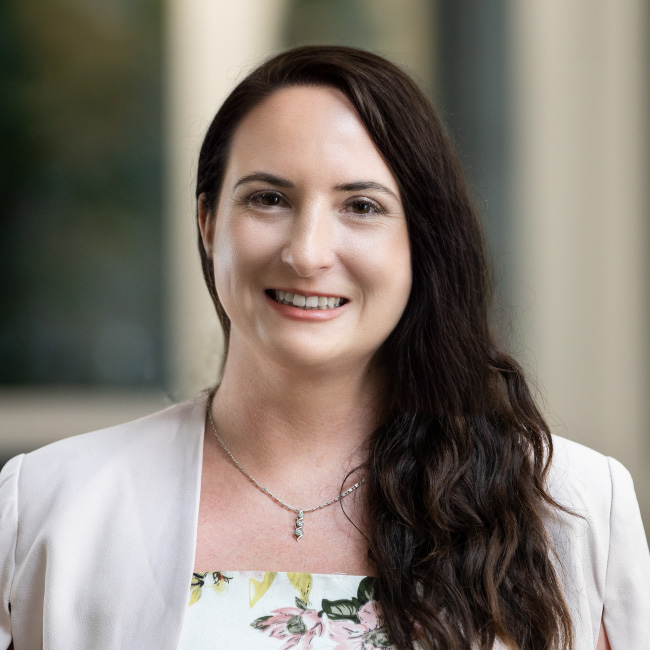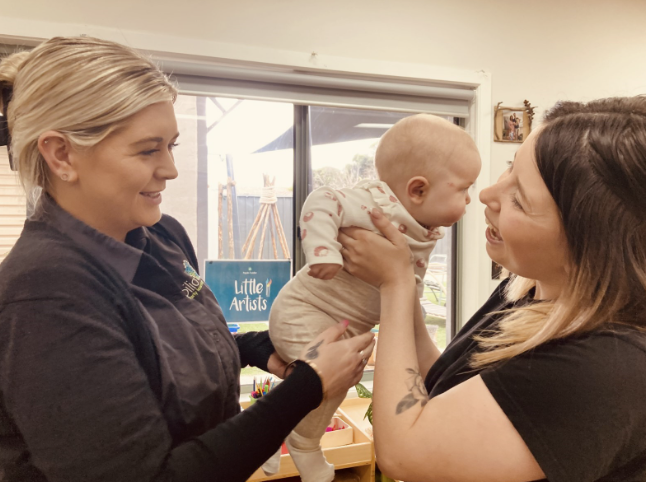
Secure relationships… the key to transitioning into care through our Healthy Beginnings Curriculum
Transitioning into care for the first time can often feel daunting for families and full of natural curiosities and ‘what if’ type questions, like “What if my baby doesn’t eat the food you provide?”.
We want you to know just how normal this is and in fact, welcome families to share their wonderings during & beyond the orientation processes with the team. Let’s explore more about why we value and encourage this type of interaction with families.
How the Lifelong Learning Curriculum for Healthy Beginnings works:
The curriculum brings to life decades of research about attachment theory and brain development into practical and proven ways of supporting infants to experience optimal learning and development through secure relationships and a circle of security. We ensure every infant is allocated a Key Educator (Primary Caregiver) when they commence care, and they work closely with the family to establish consistency between the home and centre environment.
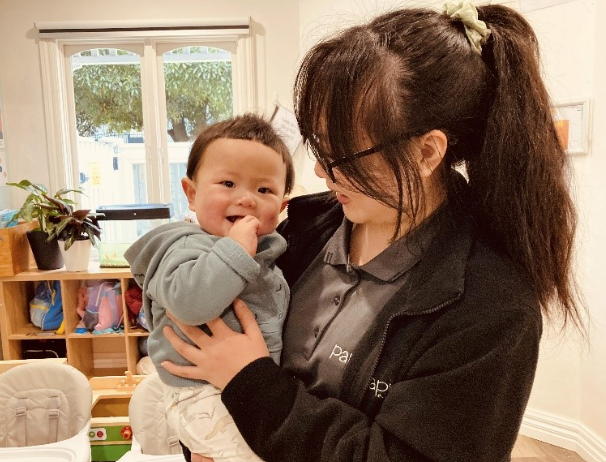
Here’s what some of our educators working in the Healthy Beginnings phase have to say about their role as Primary Caregivers.
“I help in building strong relationships with children, meeting their needs and providing a safe environment. As a primary caregiver, I act as a bridge between the children, their families and other educators to ensure their development, safety and wellbeing.” Sachiko Brockbank, (Co-Educator) from Papilio Early Learning Box Hill.
We understand it is common to hear centres promote relationships with children, and it is not always clear what this means or how you can see it in action, so we would like to unpack this in more detail.
What is Primary Caregiving in our Lifelong Learning Curriculum – Healthy Beginnings
- It is a distinct approach to care, defined by a relationship of trust, where the infant thrives from a base of secure relationships with a consistent educator who is attuned to the needs of the infant and attends to the routine needs of the infant consistently wherever possible.
- The Primary caregiver will be a key point of contact for you to ask questions, share updates and feel connected.
- We know children rely on the responses of their families to make decisions about how to feel in new environments and situations; This is one of the reasons we encourage you to ask any and all questions you have, as we know this will help put your mind at ease, and increase our ability to provide personal touches to our environment and interactions that enhance security.
- The same primary caregiver ensures the information you provide about your infant is recorded and understood by the rest of the team so they can enact the same care consistently where necessary.
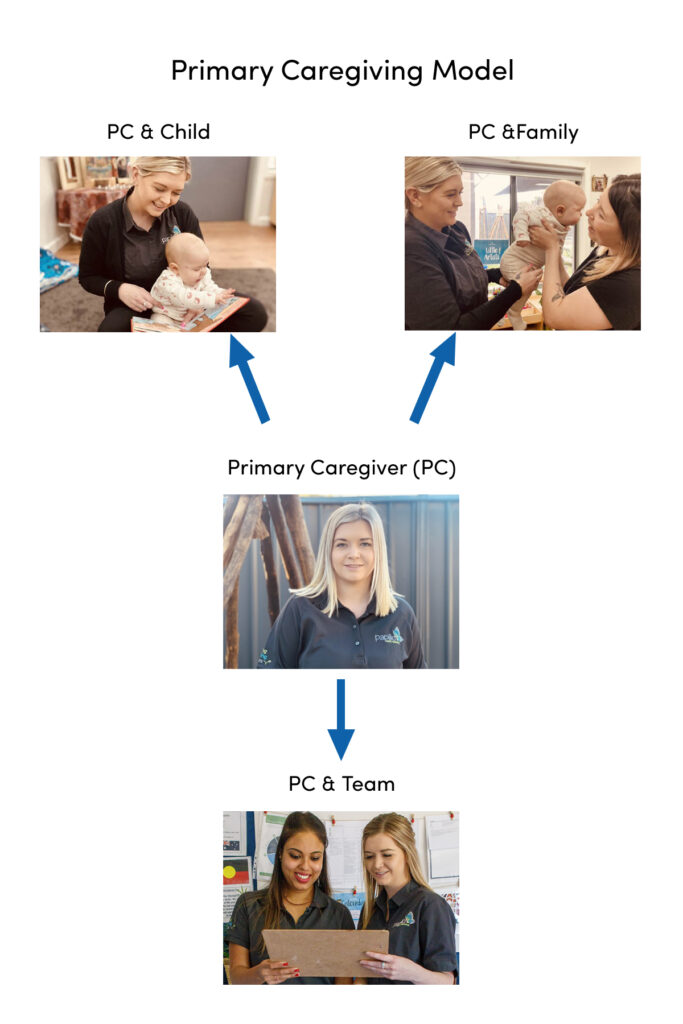
The Primary Caregiver will:
- Seek insights into your typical daily routine and the rituals that are part of care moments. For example, if you rock your child when going to sleep, our educators will seek to rock in the same way. Mimicking similar approaches to routine moments at home heightens bonds and trust, as the infant feels safe in familiar interactions; this leads to greater involvement from the child in care moments as they can predict what will happen next.
(Note: some routines you may have for your child at home that we cannot replicate in our Centres, such as letting your baby sleep in a rocker, but we try to mimic as much as possible).
- Be interested in talking about ongoing routines and not just at the start. We know infants’ routines can adjust frequently, and we aim to support you in this aspect.
- Slow down to engage with infants during these routine moments, making them pleasant and unhurried. Our completely connected zone demonstrates our commitment to prioritising these moments with children.
- Advocate for the rich learning that happens in routine moments, such as mealtimes & bottle-feeding, supporting eye contact, hand-eye coordination, language development, sensory play & healthy well-being habits.
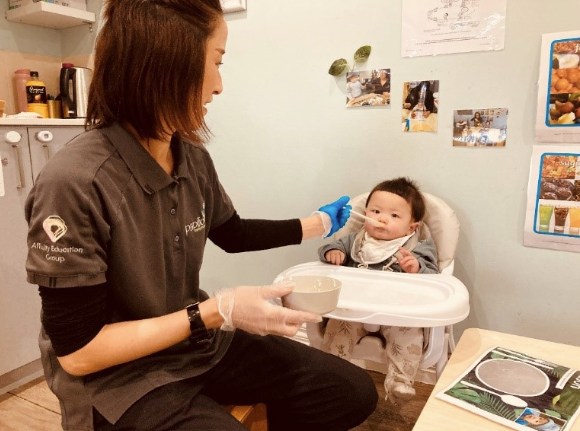
What happens when the Primary Caregiver is away?
- As the Primary Caregiver acts as a key point of contact for the whole team, they will ensure important information about the infant is available for all educators to interact with consistency.
- While the Primary Caregiver prioritises being the primary person supporting routine moments for the child until they build trusting relationships with others, the rest of the room team will build a connection with the infant during play.
